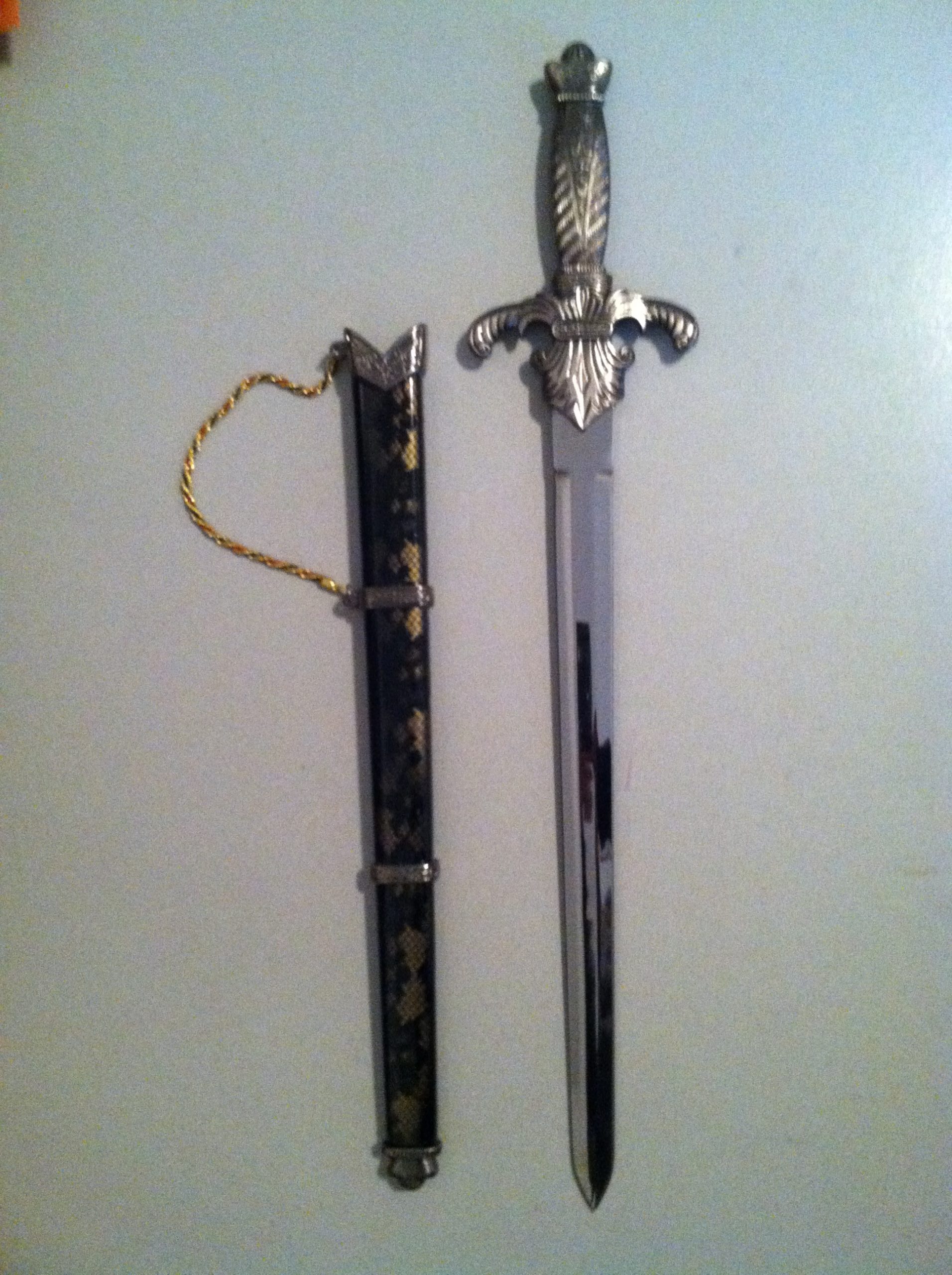Outdoor Cheap and Fun Entertainment
Money issues is a common thing that families go through in this society. Sometimes it’s hard to ensure that your kids have fun in a time of money crisis. But, you can have fun outdoors with some of these cheap and fun outdoor entertainment ideas.
1. Visit a fire house. Most fire houses will arrange tours for kids. This type of activity is an exciting thing for preschoolers and elementary school children alike. It is free and provides your child or children with exposure to possible career choices they can explore in the future.
2. Make sunflowers. This activity may cost you a little bit of money, but it shouldn’t be too much. First, you’ll have to take a variety of different sized Styrofoam balls and slice them in half. Then, using tacky glue, cover the rounded side of the balls with sunflower seeds. Cut petals from yellow paper and glue them to the flat side of the Styrofoam ball. Finish the project up by covering the back side with a circle cut from the yellow paper. Once your project is completed, attach some ribbons to your flowers and tie them to a tree.
3. Go to a local or minor league sporting event. Local minor league baseball games near your home are usually free and are fun events to attend with your family.
4. Volunteer. Volunteer work is always free and is a great learning experience for you and your children. There is an abundance of ways to get your little ones involved in the community. For example, there are always soup kitchens to help out. Many towns have gardening clubs that help to spruce up the community. Take your pick with volunteer work, because there is plenty to be done.
5. Plan a treasure hunt. The things the children are looking for can be something simple like a new toy car or even an old toy that they forgot about, but which they will have fun rediscovering. Write out some directions for your kids to follow to get to the treasure.
6. Create a dress up box. Purchase old and cheap clothing from thrift stores and any clothing you don’t wear anymore, and place in a special box for your children to dress up in. Your kids can host a fun fashion show outside for you and friends.
7. Collect sticks, pebbles, rocks, seashells, and leaves from outdoors. Then, cut cardboard into the shape of a square or rectangle and cut out a display area. Have your children decorate the cardboard. Once it’s dry, glue the treasures to the cardboard and display in your home.
8. Play sports in your yard. It doesn’t matter what type of a sport you play, but just getting outside and playing either baseball, basketball, tag, etc. with your kids is a great activity to take part in because it’s active and cheap to play.
9. Take a hike or go on a bike ride as a family. In the winter, go sledding.
It’s important that our children have the opportunity to bond with us. You can provide your kids with that opportunity by doing simple outdoors activities that don’t cost much money. If you’re trying to save money, these types of activities are a great idea to take part in.






